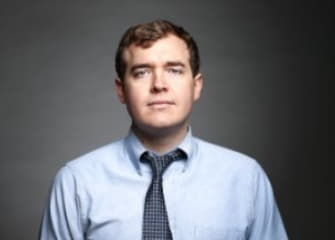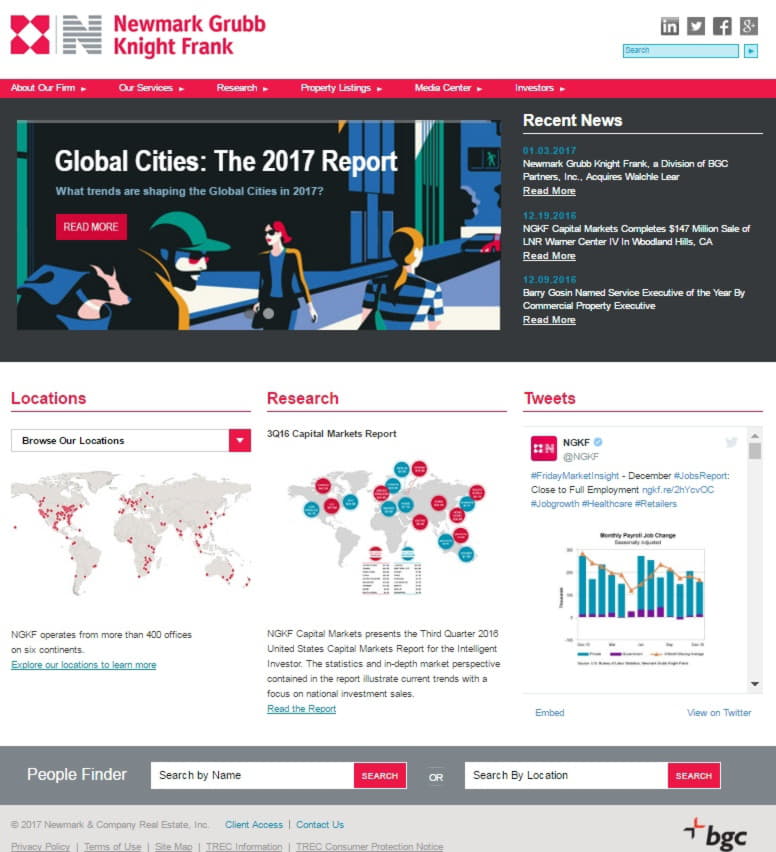
Christopher Wink
Click here for Part I, Part II, Part III & Part V
In 2009, Christopher Wink joined hands with two other fellow undergrads in starting a tech blog that has morphed into Technically Media, which today publishes local tech news and runs events networks in five U.S. cities, all on the East Coast.
Wink wears multiple hats – as a journalist that of the ultimate pessimist, and as an entrepreneur that of an eternal optimist. This dual role has defined both Technically’s journalism as well as its business, as he bids to build a sustainable media company.
“We want to go somewhere because we think we can have impact not because it looks pretty on a map. I think our footprint can expand under the logic that we are doing it for the right reasons and I am a naïve believer in the long-term benefit of doing what is right,” Wink, who studied political science at Temple University, told
citybizlist in an interview.
“I do not talk about months I talk about years. I probably have since I was eight years old. I am not interested in short-term impact. I do everything forever,” he added.
Wink also runs the social impact site Generocity.org and sits on the boards of on the nonprofit youth coding program Coded by Kids, the project-based Workshop School, and the Pen and Pencil Club.
EDWIN WARFIELD: Could you talk about your editorial approach and what defines your coverage of startups?
CHRIS WINK: We have always tried to approach our editorial coverage of startup communities being honest. We will absolutely cover very young companies in a celebratory way. Just, hey, this person is starting something, we want more people to start things. That is an editorial bias we have, we do want people to launch things. We think pre-idea, pre-launch, even early launch you should get kid gloves because the point is just, yes, we want people to try things. But we talk a lot internally as your company grows. We ought to. The best thing we can do for you is to be challenging. Ask how staff growth is going, what does revenue look like. Hey, we heard you had some layoffs. Hey, we heard you might close. We try to approach them in a productive way when we do those stories, which we do regularly; you know this company is closed.
We challenge our reporters, but that does not mean they (the startups) failed. I think that is what a lot of news media still get wrong. They mix up closing a business with failing. Every business is an experiment. So whether that experiment works or not (depends on) the scientific method. Why are scientists so good at understanding? Just because my trials do not work out, that does not mean that I am a failure. Why have we not figured that out in entrepreneurship?
We try to approach our coverage in that way. That is where we think we have journalism DNA in covering young companies. It's okay if someone closes, we just want to learn from it as long as you are learning from it. The people we are hardest on are the people who we think are not being upfront. Whenever we found someone who is lying or evading the truth we go very hard (at them) and I think that is one lesson as a rule for any entrepreneur: be honest with the press because they love nothing more than finding a liar and they are bloodthirsty. Just be honest and you will do yourself justice and that is what we found. We found the smart serious entrepreneurs who have failed, they are like, yeah, didn't work, it's really hard, I had to lay a bunch people off and it is really devastating for me, I am really struggling right now but I think I learned some things. Those are important elements.
EDWIN WARFIELD: Let’s talk about the startup communities. How is Philadelphia like?
CHRIS WINK: When you look at a Philadelphia technology and entrepreneurship community it is a lot like the conversations that are happening in most other mid- to large-sized cities in the country. Philadelphia is actually among the largest. As we know, it is one of the five largest cities. So we actually are blessed with some heft that other mid-sized metros would love to have. Whenever we talk about the success or failures of startups in entrepreneurship conversations we get really muddled in comparisons. So, often, when I am interviewing someone about something like that, I will say you cannot say the words Silicon Valley and you cannot say the word New York. Those are not things we are going to talk about, that is not productive. They are outliers in every sense of the word. They do not fit in and when you take those two cities out of the conversation it changes what your median and mean are. It changes what you think success looks like and you can start having a much more realistic conversation.
Philadelphia, as a test case, has deep poverty issues, it has educational challenges, it has tax structure that still is heavily oriented toward wages over properties, there are lots of fundamental basics and specifics that we know Philadelphia struggles with. We also know we have seen an uptick in corporations post-recession, we are on a generational decline nationwide, so that is nothing that's fresh here.
Philadelphia still does not have breakout winners. We produce a lot of sole proprietorships and any entrepreneurship conversation is not celebrating what has already come. It is cheerleading what needs to be and that is what the Philadelphia conversation must be. We need to talk about what is working because we need more people to be a part of it. Philadelphia lost something like 400,000 jobs from the 1950s to the 1980s in post-industrialization. We have probably seen 40,000 to 50,000 jobs in the region that tech created in the last 25 years, it is a huge disparity. Technology is again nothing more than a tool, so we need people who are talking about economic change and it can come in lots of forms. No one should tell you that the Philadelphia startup community is going to solve all of Philadelphia’s problems, but it is hard for me to believe that you are going to solve Philadelphia’s problems without the startup community being a part of it.
Connect with Chris on LinkedIn
Sponsored by:
ABOUT NEWMARK GRUBB KNIGHT FRANK
Newmark Grubb Knight Frank (NGKF) is one of the world's leading commercial real estate advisory firms. Together with London-based partner Knight Frank and independently-owned offices, NGKF's 14,100 professionals operate from more than 400 offices in established and emerging property markets on six continents.
With roots dating back to 1929, NGKF's strong foundation makes it one of the most trusted names in commercial real estate. NGKF's full-service platform comprises BGC's real estate services segment, offering commercial real estate tenants, landlords, investors and developers a wide range of services including leasing; capital markets services, including investment sales, debt placement, appraisal, and valuation services; commercial mortgage brokerage services; as well as corporate advisory services, consulting, project and development management, and property and corporate facilities management services. For further information, visit www.ngkf.com.
NGKF is a part of BGC Partners, Inc., a leading global brokerage company servicing the financial and real estate markets. BGC's common stock trades on the NASDAQ Global Select Market under the ticker symbol (NASDAQ: BGCP). BGC also has an outstanding bond issuance of Senior Notes due June 15, 2042, which trade on the New York Stock Exchange under the symbol (NYSE: BGCA). BGC Partners is led by Chairman and Chief Executive Officer Howard W. Lutnick. For more information, please visit http://www.bgcpartners.com/.


Edwin Warfield, CEO of citybizlist, conducts the CEO Interviews.
If you're interested in reaching CEOs, please contact edwin.warfield@citybuzz.co
Connect on LinkedIn















